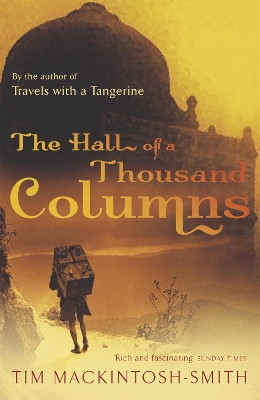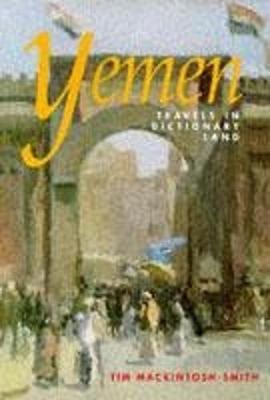The Hungry Student
2 total works
All the best armchair travellers are sceptics. Those of the fourteenth century were no exception: for them, there were lies, damned lies, and Ibn Battutah's India.
Born in 1304, Ibn Battutah left his native Tangier as a young scholar of law; over the course of the thirty years that followed he visited most of the known world between Morocco and China. Here Tim Mackintosh-Smith retraces one leg of the Moroccan's journey -- the dizzy ladders and terrifying snakes of his Indian career as a judge and a hermit, courtier and prisoner, ambassador and castaway. From the plains of Hindustan to the plateaux of the Deccan and the lost ports of Malabar, the author reveals an India far off the beaten path of Taj and Raj.
Ibn Battutah left India on a snake, stripped to his underpants by pirates; but he took away a treasure of tales as rich as any in the history of travel. Back home they said the treasure was a fake. Mackintosh-Smith proves the sceptics wrong. India is a jewel in the turban of the Prince of Travellers. Here it is, glittering, grotesque but genuine, a fitting ornament for his 700th birthday.
Our ideas of the Arabian Peninusula have been hijacked: by images of the desert, by oil, by the Gulf War. But there is another Arabia.
For the classical geographers Yemen was a fabulous land where flying serpents guarded sacred incense groves. Medieval Arab visitors told of disappearing islands and menstruating mountains. Vita Sackville-West found Aden 'precisely the most repulsive corner of the world'. Arguably the most fascinating but least known country in the Arab world, Yemen has a way of attracting comment that ranges from the superficial to the wildly fictitious.
In Yemen: Travels in Dictionary Land, Tim Mackintosh-Smith writes with an intimacy and depth of knowledge gained through over twenty years among the Yemenis. He is a travelling companion of the best sort - erudite, witty and eccentric. Crossing mountain, desert, ocean and three millennia of history, he portrays hyrax hunters and dhow skippers, a noseless regicide, and a sword-wielding tyrant with a passion for Heinz Russian salad. Yet even the ordinary Yemenis are extraordinary: their family tree goes back to Noah and is rooted in a land which, in the words of a contemporary poet, has become the dictionary of its people. Every page of this book is dashed - like the land it describes - with the marvellous.

